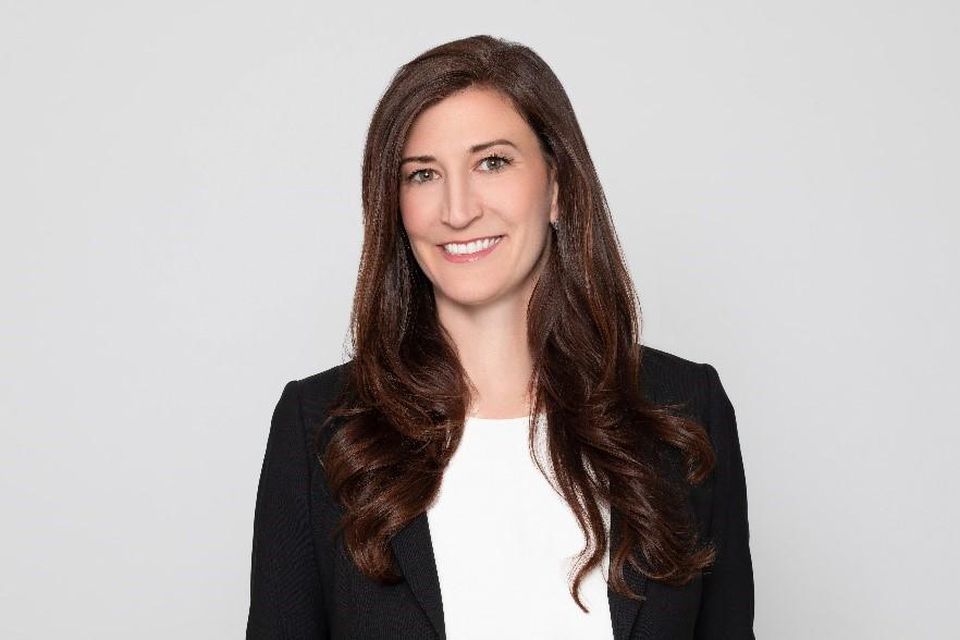Christine Moseley cares about food – more specifically, she cares about how much we’re wasting – and how we can change that. She’s the Founder and CEO of Full Harvest, the first business-to-business marketplace for ugly and surplus produce.
“At a high level, I’d say that we’re solving the massive food waste problem with technology, specifically, at the farm level as the first B2B marketplace for ugly and surplus produce.”
It’s a problem that most see, but Christine thought to fix. “I spent fifteen years within the logistics and food industries and saw a lot of waste and inefficiency. In my last role, I was helping scale one of the first green juice companies in the country – Organic Avenue – based in New York. I love what they were doing in terms of food and awareness, but I was frustrated that they were selling $13 green juices and it wasn’t affordable to a lot of people.”
Christine looked for the source of the problem. “It was because they were paying top dollar for perfect-looking produce to then just immediately process it, and I wanted to figure out how to make healthy food more affordable and accessible… to find some way along the supply chain to innovate.”
The search for answers took Christine across the country. “I came out here with a suitcase with only about $25,000 in the bank and had actually figured out a way to live off of that for two and a half years in San Francisco. I had four roommates in my thirties. I ate peanut butter and jelly sandwiches, as cliché as it sounds. I bootstrapped. I definitely went for a year and a half in the wrong direction… It was about six months of research, figuring out the opportunity, and then I spent about eight months trying to actually start a food and beverage company utilizing imperfect produce. But I almost went broke trying to do that, because what I found is that there actually was no one that could consistently supply ugly and surplus produce.”
But she kept digging, determined to find the best way to build a company that would solve the problem she found at Organic Avenue. What she discovered shocked her: that about 40% of our food is wasted, and that waste is the third largest contributor to climate change. And why is the food being wasted? “Almost 40% of what we grow does not even leave the farm just because it’s not perfectly shaped.” It shouldn’t matter, but – unfortunately – it does. “In a world of abundance where we’ve had plenty of options and we have become wealthier, [consumers] have become pickier and pickier. At the same time, you have retail markets, the Wal-Marts and Costcos and Safeways of the world, getting bigger and bigger, with more consolidated buying power. So they have trickled down that demand from consumers – all the way down to these growers, who are desperately fighting for a small piece of a small pie. A majority of them are on the verge of bankruptcy, and they really rely on that business with these big retailers. So their focus is on doing whatever it takes to have the most beautiful-looking produce at the best cost – as fast as possible. With that being their priority, they don’t have time to sit around over the phone, offline, calling around and trying to move product excess at a significant discount.”
Christine saw the gap in communication and access, and it is on that divide that she built Full Harvest. “They just don’t have the time… but if you connect them with technology so that they can post and have access – it unlocks what could be up to a twenty billion dollar uncaptured revenue source, right now, for growers that are mostly on the verge of bankruptcy. It’s a huge opportunity for them.”
The benefit Christine is looking at is not just financial, but ecological. And there is a huge reason to try and stem food waste:
“One misconception in the world is people believe that if you throw produce or food in the trash, it’s going to compost anyway, so you don’t need to compost. One of my favorite documentaries that came out was Anthony Bourdain’s last documentary he did called Wasted! The Story of Food Waste. And he was actually very adamant about this, that the number one way that consumers can make an impact is simply by composting and keeping food out of the landfills. And it’s because food has such an impact on the environment – because it gives off methane, which is thirty times stronger than carbon emissions. When it’s mixed in with other products, especially things like plastics, it can actually become more toxic and it really slows down the [compost] process. A watermelon can go from taking a week to decompose to twenty years. And then once it’s released into the atmosphere, it’s not being captured or reutilized in terms of things like biofuels that could actually be repurposed, it’s just going into the environment as methane.
“So if you compost, it one, keeps it clean with other food products. And two, helps it decompose really fast in a normal cycle… there are big misconceptions in the world that need to be explained.”
To hear more from Christine, check out the full interview on Mission Daily.


